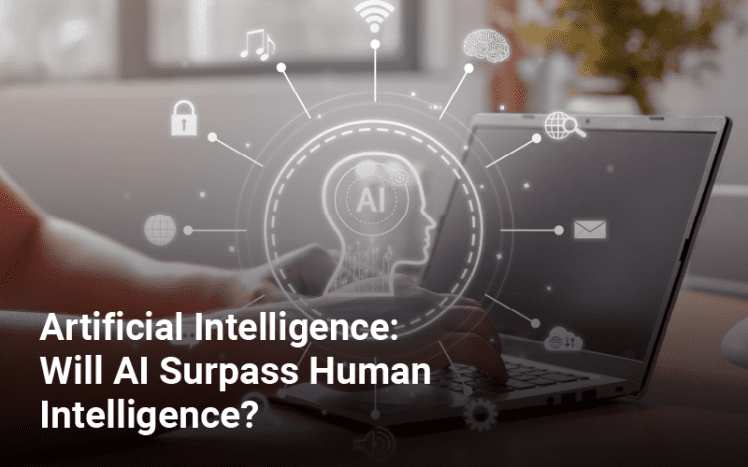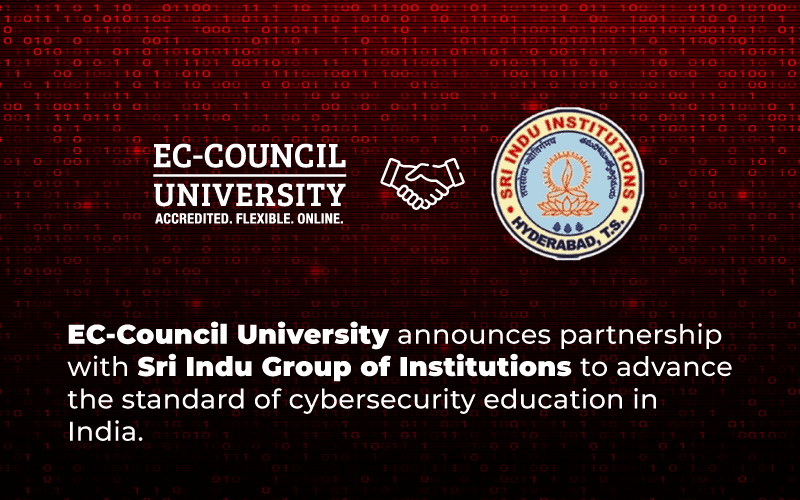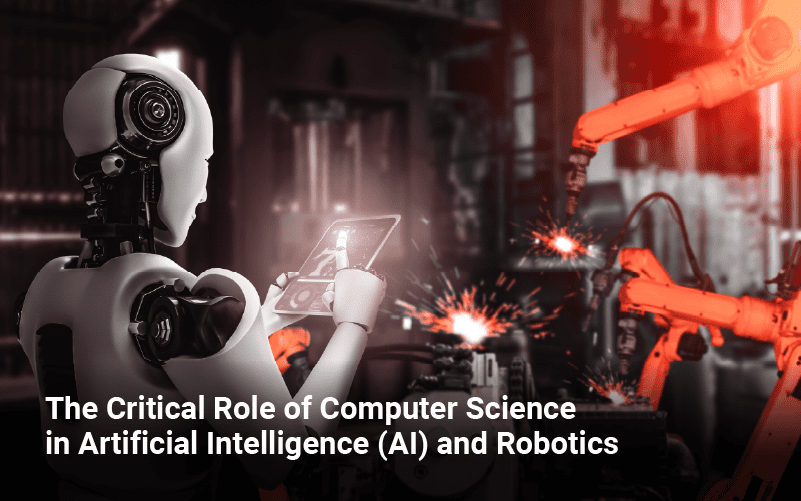There is no doubt that we live in a new stage of Humanity. We are immersed in a different reality than a few decades ago. Artificial Intelligence (AI) is present everywhere. Whenever we use computers or any other digital device, we use AI. The advancement of robotics is incredible. Astonishing amounts of money are invested in the research and construction of smart home assistants and other electronic gadgets in the military as well as in the civilian sphere.
Impact of AI in 2023 and Beyond
The advancement of supercomputers designed to emulate the human brain holds significant importance on multiple fronts. Japan has taken a proactive step by initiating a program focused on utilizing androids to provide care for the country’s aging population, recognizing the anticipated shortage of labor in the future.
Transhumanism, the researchers and thinkers who follow this school of thought are convinced that we are approaching the technological singularity, which will be achieved in the year 2050.
Currently, artificial intelligence has far exceeded the level of human intelligence. I firmly believe that, although it may take some time, there will come a point when AI will outpace humans. Remarkable advancements have been made in the realm of supercomputers, which boast immense processing capabilities and calculation prowess. Taking the crown as the fastest computer is Summit, with an impressive speed of two hundred petaflops, equivalent to two hundred thousand trillion calculations per second. As time progresses, it is foreseeable that humans will have the ability to augment themselves into cyborg entities within a few decades.
In fact, we are already witnessing the integration of implants and accessories within the human body. Through the utilization of prostheses and implants, there is a promising potential, both in the near future and over the course of several decades, to alleviate or even cure conditions such as mental illness, stroke, dementia, autism, and more. This transformative progress signifies an unprecedented shift in human experience, leading to a remarkable transformation of the human species. Consequently, one can envision a future with the same species but with entirely new characteristics.
The issue of AI consciousness is inherently intricate, particularly as intelligent machines, androids, and robots continue to advance in capability. The challenge lies in the endeavor to instill life or internal consciousness, commonly referred to as self-awareness, within these intelligent machines. Achieving such a feat remains considerably challenging for experts in the field. In fact, despite technological optimism, attaining genuine self-awareness in intelligent machines still appears far from realistic at this stage.
Some transhumanists think that by the year 2060, there could be preventative brain rejuvenation techniques. With certain very advanced technologies, some specialized companies could gradually replace all parts of the brain with microchips in an hour, and, in the end, people would have an artificial brain. This may seem like the end of personal identity as we understand it right now. We would no longer be natural or biological beings in their entirety but mixed beings. There would be a mixture of biological and artificial or technological elements. We would be like artificial avatars because the brain is what gives us identity through its operations.
In the years ahead, bioethics will play a crucial role as numerous issues require careful ethical examination while upholding the principles of human dignity and freedom. Cloned organ transplants hold significant potential, particularly in situations where organ donors are scarce. These techniques can prove invaluable, aligning with ethical standards and providing viable solutions for all individuals. In this sense, technological progress is tremendously beneficial for saving lives, extending their duration, and improving the quality of existence of human beings.
How is AI Beneficial to Mankind?
The advancement of Artificial Intelligence is useful in many aspects because it increases people’s quality of life and well-being. However, it is also necessary for there to be bioethical committees in the countries that meet periodically to analyze the risks and dangers of negative uses that may harm people. Therefore, legislation should be legislated and regulations developed for the protection of the physical and mental integrity of all individuals.
In the field of medicine, advances will be spectacular before the end of the 21st century. We can already see how telemedicine, surgical robots, and many other devices are being created or improved. Moreover, this is just the beginning.
Significant breakthroughs in new medicines for dementia and other illnesses will bring forth a multitude of advancements, leading to a substantial increase in life expectancy. The forthcoming generations will inhabit a world unlike anything they have ever witnessed before, characterized by unprecedented levels of technological and scientific advancements.
About the Author
 Dr. Franklin Orellana has many years of teaching, administrative, and consulting experience. He has been teaching both graduate and undergraduate courses in business, computer science, and data science. In addition to English, he is fluent in Spanish.
Dr. Franklin Orellana has many years of teaching, administrative, and consulting experience. He has been teaching both graduate and undergraduate courses in business, computer science, and data science. In addition to English, he is fluent in Spanish.
Dr. Orellana began his academic pursuits at the Espiritu Santo University in Ecuador and graduated in 2004 with a Bachelor of Computer Science with a concentration in Business. He earned his MIT degree in Information Technology with a concentration in Internet Security at American Intercontinental University Online (AIU). Dr. Orellana returned after six years to enter the MBA program at AIU and graduated in 2015. In 2020, he completed his Doctor of Business Administration and was inducted into the National Society of Leadership and Success, Sigma Alpha Pi (NSLS).
Previous experience outside of the workplace has been playing baseball and soccer. Dr. Orellana is happily married and enjoys spending time with his family.












